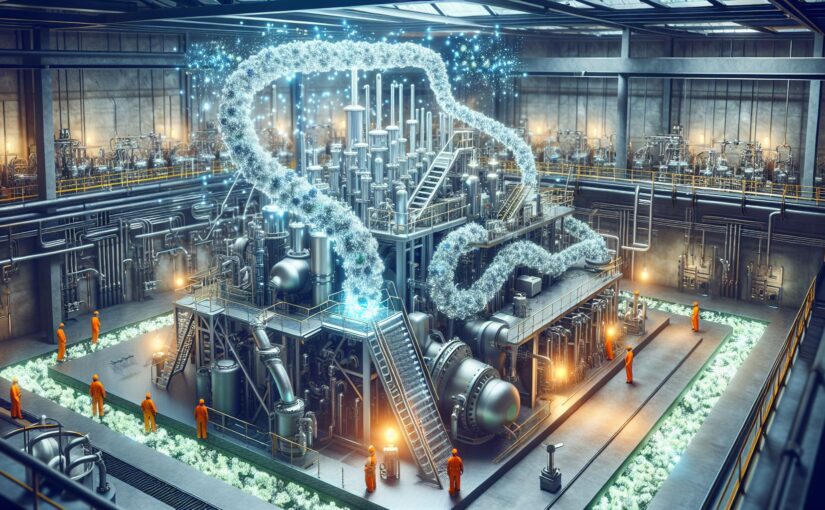In the current era of depleting natural resources, the search for alternative and sustainable renewable energy sources is more important than ever. One unconventional source that is often overlooked is wastewater. Not many people realize it, but there is enormous potential for bioelectricity generation from wastewater.
As the conventional wastewater treatment processes are energy-intensive and environmentally detrimental, it only makes sense to exploit the potential energy content of wastewater and derive electricity directly from it. This not only provides a solution to energy scarcity but also addresses the environmental concerns related to traditional waste-management techniques.
Bioelectrochemical Systems: Turning Waste into Watts
The secret to converting wastewater into electricity lies in the biological engineering domain, using Bioelectrochemical Systems (BESs). BESs exploit the ability of certain bacteria to transfer electrons to an external electrode. These exoelectrogenic microorganisms, which thrive in the aerated wastewater environment, can transform organic waste material into an electric current. The release of electrons during this process can be harvested and utilized to generate electricity.
Microbial Fuel Cells – The Powerhouse
One particular type of BES that has garnered significant attention is Microbial Fuel Cells (MFCs). MFCs are capable of transforming chemical energy available in the wastewater directly into electricity through microbial metabolism. These devices, in effect, serve as tiny bio-batteries that generate a stable current from the organic content of the waste.
MFCs, thus, offer a renewable and sustainable energy source, reducing the overall demand on conventional power grids, and introducing a mechanism for efficient waste management.
Challenges and Future Direction
While there’s significant potential in deriving bioelectricity from wastewater, several challenges such as low power output and high production cost prevent the widespread adoption of these technologies.
However, recent research efforts are focused on enhancing the efficiency of these systems. Strategies to modify the electrodes, improve metabolic pathways of exoelectrogenic bacteria, or synthesize alternative membrane materials are showing promising results.
Many optimists believe that with continued research and advancements, bioelectricity deriving from wastewater may well become a significant contributor in mankind’s energy mix, providing a much-needed break to our planet.
Sources:
- Logan, B. E. (2008). Microbial Fuel Cells. John Wiley & Sons, Inc.
- Kim, Bh., & Gadd, GM. (2008). Challenges in microbial fuel cell development and operation. Applied Microbiology and Biotechnology.
- Rabaey, K., Rodriguez, J., Blackall, LL., Keller, J., Gross, P., Batstone, D., Verstraete, W., & Nealson, KH. (2007). Microbial ecology meets electrochemistry: electricity-driven and driving communities.ISME Journal.
